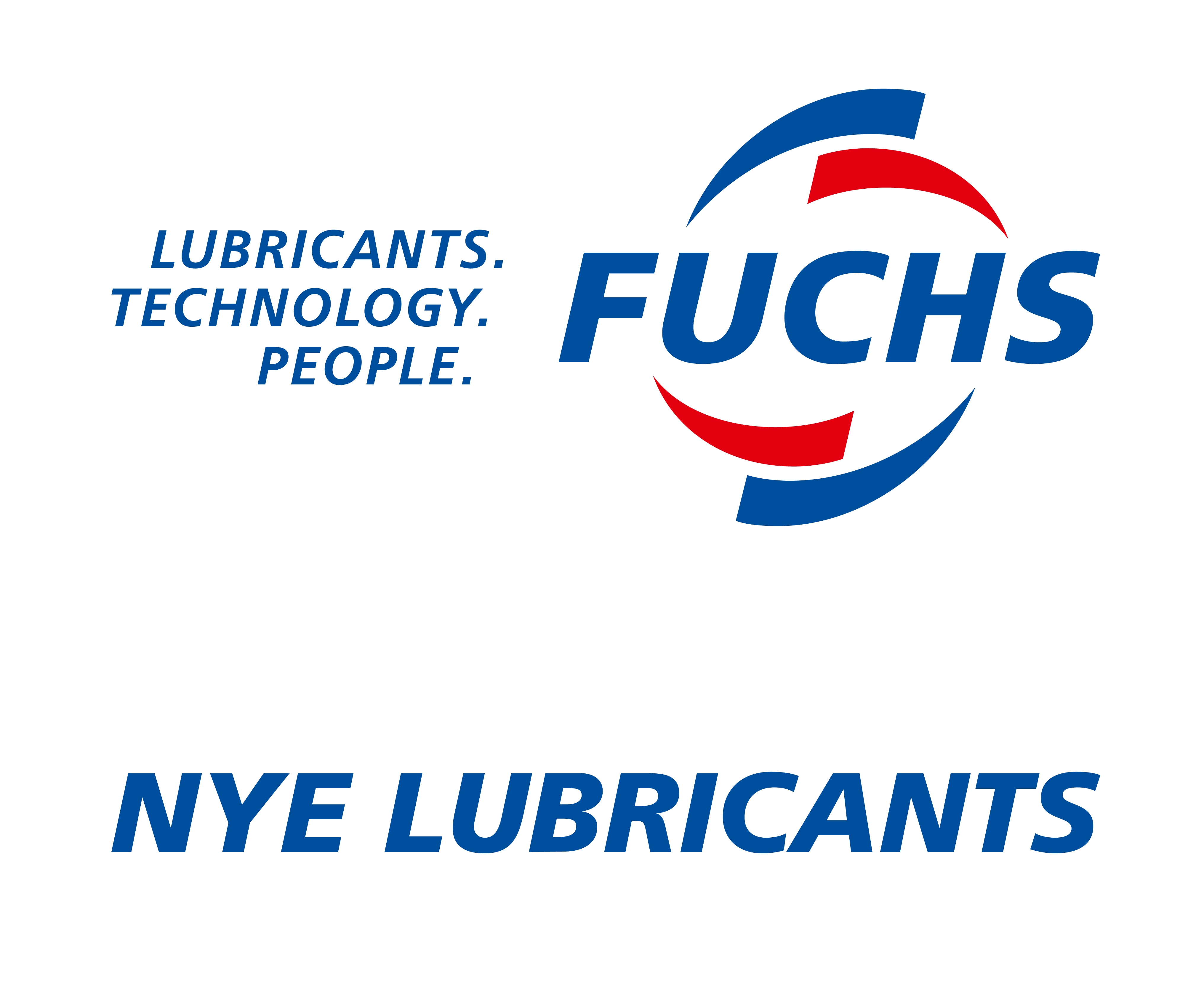Nye Lubeletter - June 2016

 All About Additives – Anticorrosion & Antirust
All About Additives – Anticorrosion & Antirust
 There are two primary types of corrosion; electrochemical corrosion and chemical corrosion. Electrochemical corrosion involves the reaction of ferrous (iron-based) metal or its alloys in a two-step process in the presence of an electrolyte, most typically water or moisture. The result of this reaction is commonly known as rust. Rust inhibitors function by physically absorbing onto the metal surface, thus blocking the surface of the metal from the effects of water, acids and air.
There are two primary types of corrosion; electrochemical corrosion and chemical corrosion. Electrochemical corrosion involves the reaction of ferrous (iron-based) metal or its alloys in a two-step process in the presence of an electrolyte, most typically water or moisture. The result of this reaction is commonly known as rust. Rust inhibitors function by physically absorbing onto the metal surface, thus blocking the surface of the metal from the effects of water, acids and air.
Chemical corrosion involves the attack of aggressive chemical species like acids, bases, and sulfur. This is often the result of the oxidation of hydrocarbons and sulfur-containing additives or additive by-products, on a metal surface or metal oxide layer. The end result is the formation of ionic metallic or oxidized metallic compounds. Adding corrosion inhibitors to a lubricant will help slow the deterioration process in non-noble metals. The inhibitors form an inactive film on the metal surface by complexing with metallic ions at the surface.
 Lubricant Testing 101 - Oil Separation
Lubricant Testing 101 - Oil Separation

This video features the oil separation test, also known as ASTM method D-6184. An oil separation test is performed to determine the tendency of the oil to separate from a lubricating grease. An oil separation test monitors the separation of oil from grease at elevated temperatures for a defined period of time. The tendency of oil to separate during storage can be an important characteristic. When the base oil begins to separate from other raw materials in a grease, the remaining material may change in consistency and potentially affect the ability of the grease to function as designed.
![]()
 Nye Lubricants in Space
Nye Lubricants in Space
![]() Nye is pleased to announce that we will be revealing a new brochure at the 2016 Space Tech Expo. Lubricants for aerospace applications have been formulated at Nye for over 65 years. The new Lubricants in Space brochure is a demonstration of Nye’s space heritage. The brochure includes examples of lubricants designed specifically for applications that must survive the extreme conditions of the space environment. It illustrates our involvement with the International Space Station, Mars Rover Curiosity and satellites orbiting around Earth, amongst many others
Nye is pleased to announce that we will be revealing a new brochure at the 2016 Space Tech Expo. Lubricants for aerospace applications have been formulated at Nye for over 65 years. The new Lubricants in Space brochure is a demonstration of Nye’s space heritage. The brochure includes examples of lubricants designed specifically for applications that must survive the extreme conditions of the space environment. It illustrates our involvement with the International Space Station, Mars Rover Curiosity and satellites orbiting around Earth, amongst many others
To view the brochure, click here.
![]()

World Class through Quality CAPA Programs
A functional CAPA (Corrective Action/Preventative Action) system is essential. It is not only required by ISO 9001, TS 16949, ISO 14001, and ISO 13485, but it is also a tool to continue to improve business. Problems are inevitable, but the way in which a company responds to problems is what separates an average company from a world-class company. Nye has implemented a CAPA system in which all customer complaints, internal malfunctions, and process flow issues are documented and reviewed.

